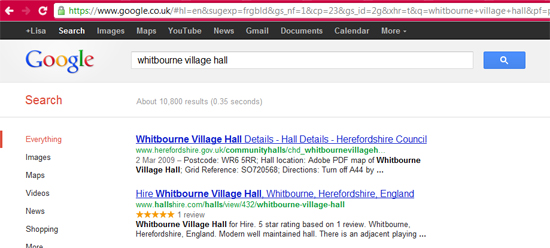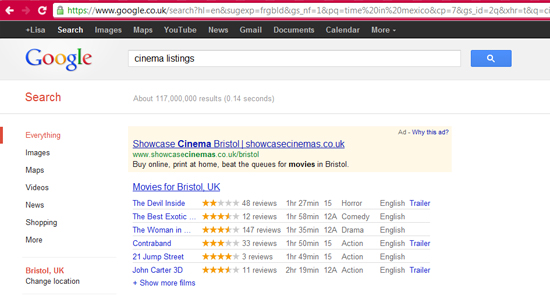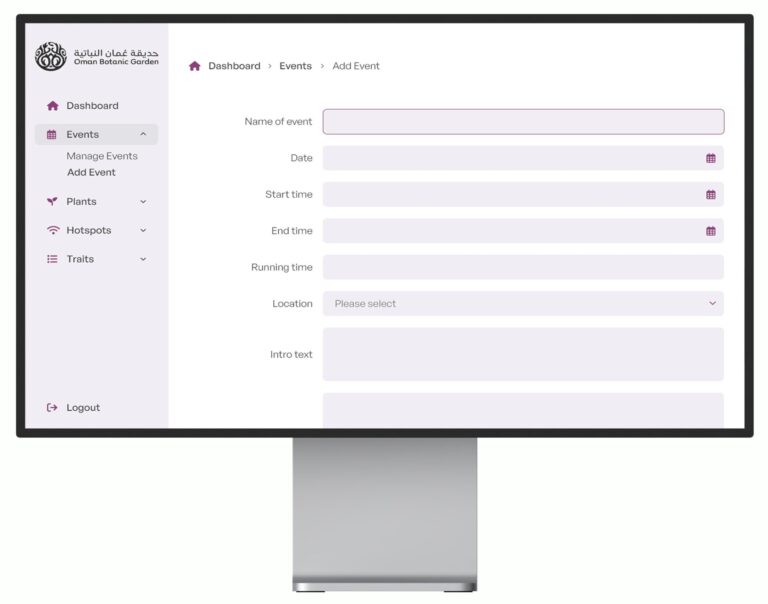With reports in the news that Google are going to be focusing more and more on semantic search, what does that mean for your website?
I just had a call from a client asking what “semantic web” meant as they’d just read an article about Google making some big changes to the way it lists results, so I thought I’d write a blog post about it for anyone else with the same question.
“Semantics” on the web basically refer to how code is marked up – how things are coded neatly and labelled relevantly to show what they are.
Our Technical Director, Tom Freeman, has always had a great interest in the semantic web, and in 2009 made a tool that can read a website and provided it’s semantically coded correctly, can produce an RSS feed from the data – rssa.at.
He heard my call with our client this morning and gave me his description of what the semantic web is to him:
“It’s what Tim Berners-Lee always intended the web to be – it’s about sharing information. HTML is a mark up language. Then it got commercial and people wanted it to look nice and things like Dreamweaver filled it with loads of crap. But for the past few years there’s been a real shift back towards seperating content from styling and really highlighting certain pieces of information.”
Back in 2009 when Tom made his RSS feed tool he talked lots about wanting to make events websites which would be fed information from other websites that marked their content as “this is an event” or shopping websites saying “this is an item for sale” but one guy at his desk can’t make that happen in the same way Google can!
And, in the same year, Google started inviting people to use semantic mark up in their websites for a few areas of content so that it could start actually understanding and reading what people are writing about.
For example, one of our directory sites allows people to leave reviews of village halls. These reviews are labelled in the HTML as being “reviews” so Google knows “OK, that’s a review, we can take that information and display it as a review on our search results page”.
You can see how this looks below – it’s the listing with the stars next to it.

This then inturn, makes this listing stand out more to visitors so it can get more clicks than a normal listing.
The sorts of things you can mark up / tell Google about are events, music, organisations, people, products, recipes, review ratings, reviews, breadcrumbs, software applications and videos. And this list is likely to keep growing.
But there’s more…
Will all this information labelled up, Google can do more than just display the information nicely in the serps. It can answer questions itself without even having to show visitors any websites.
The screnshot below shows a Google search for cinema times in Bristol – Google can give me answers, thanks to the information it’s gathered from other sites, without me having to visit the Odeon or Showcase websites.

So Google is doing what it’s always intended to – give people the information they’re looking for as quickly and accurately as possible. But how that will effect the stats of popular websites, we’re yet to see!
Google’s been harvesting information in this form and getting its books in order, as it were, for a few years now so it looks like we might see more examples of Google answering human questions over the coming months. An example I read about this morning is Google will be able to tell you facts about geography stats, such as “which city has the biggest population” – it will know the population of lots of cities thanks to the way other websites mark up their code. It will then do a simple query to pick the biggest number and hey presto – it can answer your question! To the public, it will seem as if Google can read websites and tell you actual facts – but now you know how it’s doing it 😉
You can watch Google’s official video below:


